
Welcome to Dr. Dhage Ayurvedic clinic. For more details and appointment please contact today.
Visiting Hours
| Mon - Fri: | 8:00 am - 8:00 pm |
| Saturday: | 9:00 am - 6:00 pm |
| Sunday: | 9:00 am - 6:00 pm |
Gallery Posts
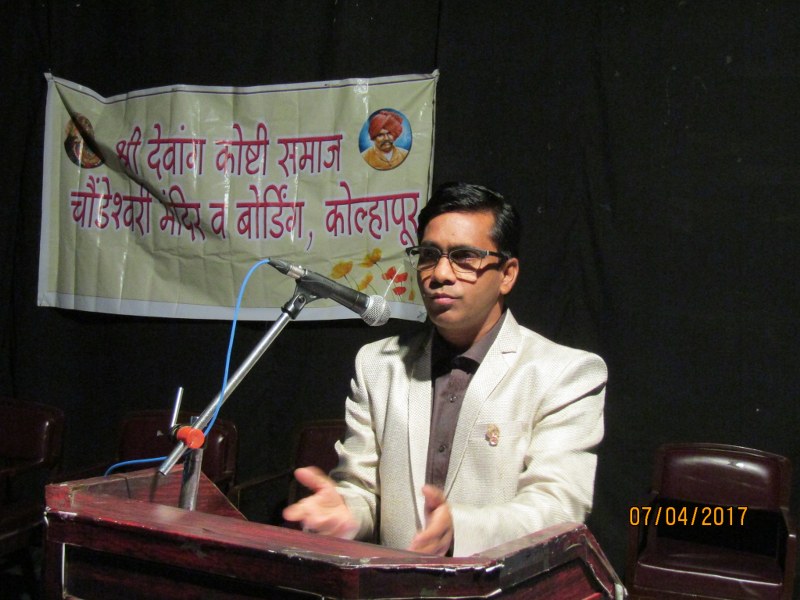
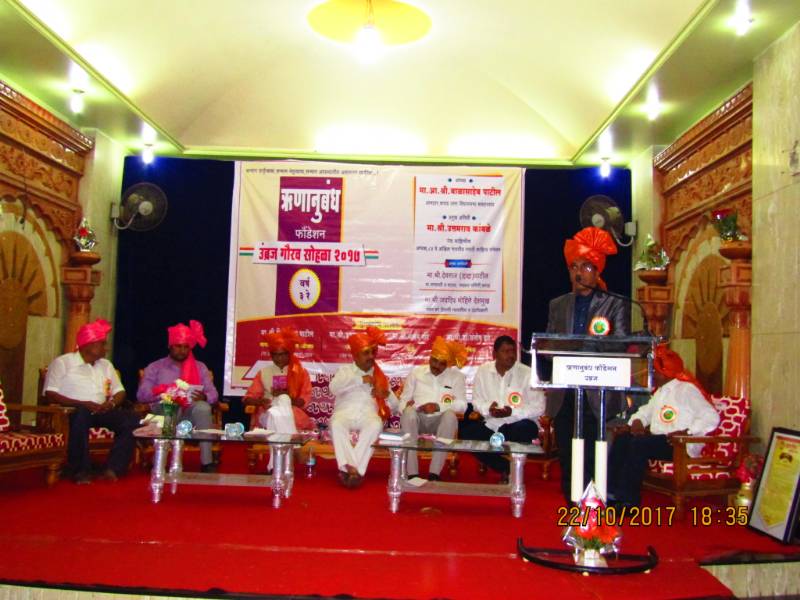
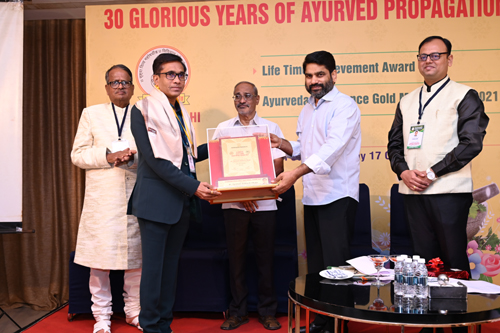
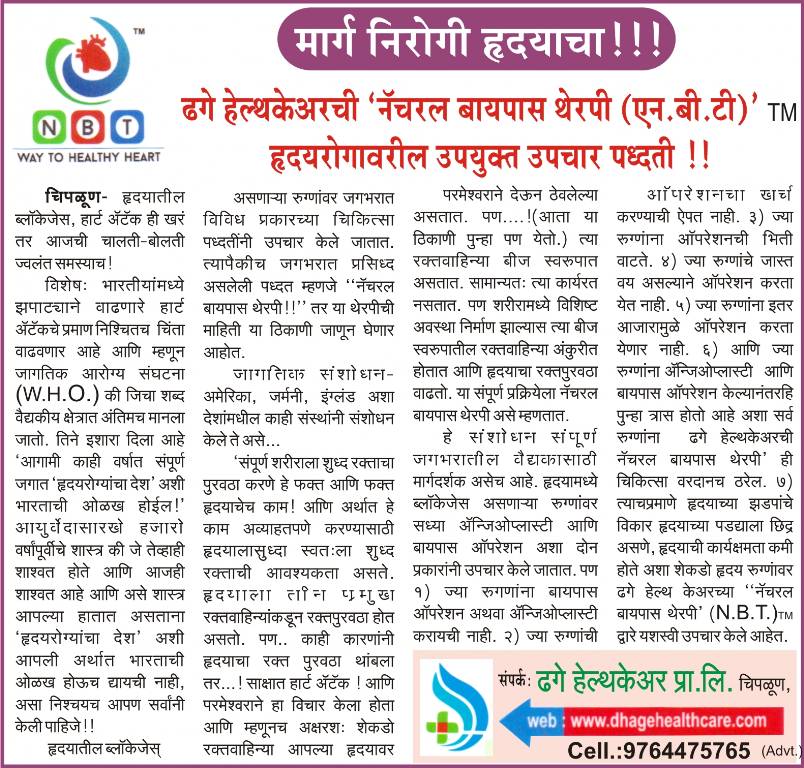
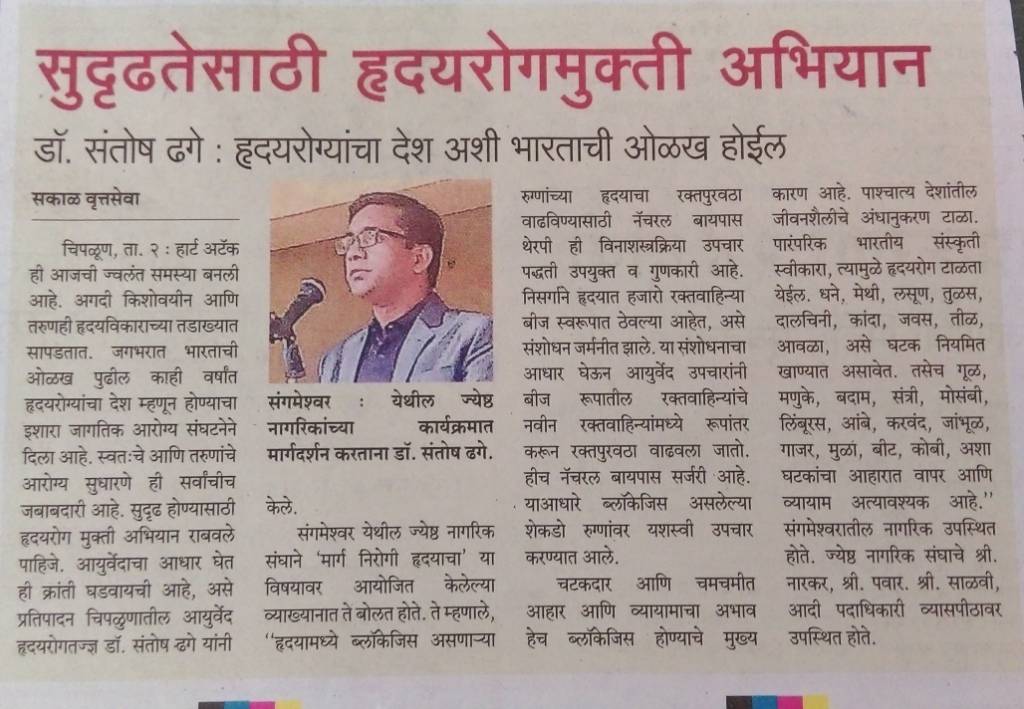
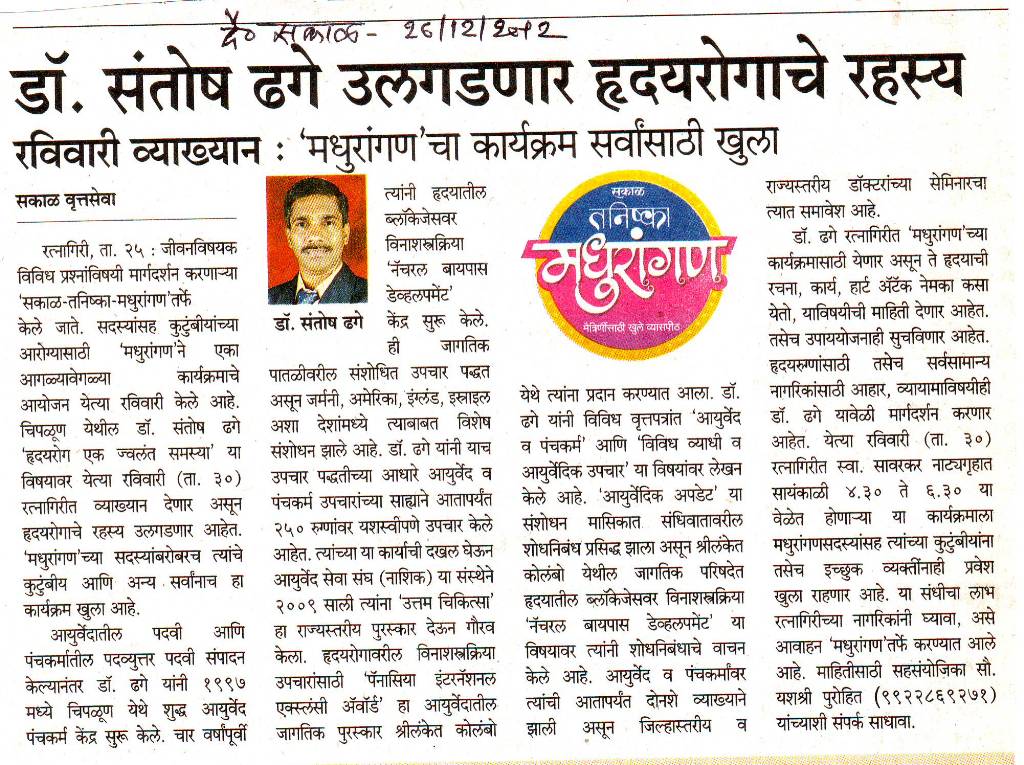

Welcome to Dr. Dhage Ayurvedic clinic. For more details and appointment please contact today.
| Mon - Fri: | 8:00 am - 8:00 pm |
| Saturday: | 9:00 am - 6:00 pm |
| Sunday: | 9:00 am - 6:00 pm |






What is the meaning of regurgitation?
Heart valve leakage, also known as regurgitation.
Conditions of Regurgitation?
i) When valves’ leaflets close, blood flows back through the valve.
ii) Once the valves’ leaflets are fully closed, blood can flow back through the valve.
Discover what occurs during regurgitation?
i) Aortic Valve Regurgitation occurs when blood leaks back through the aortic valve, leading to a flow of blood in two directions: oxygenated blood flows out through the aorta to the body, and blood flows backward into the left ventricle.
ii) Mitral Valve Regurgitation results from blood leaking through the mitral valve, causing blood to flow in two directions: some blood flows from the ventricle through the aortic valve to the body, while some blood returns to the left atrium.
Causes of Regurgitation:
The human heart has four valves: the mitral valve, aortic valve, tricuspid valve, and pulmonary valve. These valves ensure that blood flows in the correct direction. Each valve is made up of leaflets that open and close with each heartbeat. Sometimes, the leaflets of the valves do not open or close properly, causing blood to flow in two directions, a condition known as regurgitation.
Congenital Defect (Birth Defect):
Congenital defects are abnormalities present at birth. Regurgitation may also be found in some patients from birth.
Additional Factors:
a) Valve degeneration is a very common cause. b) Calcium deposition on the valve leaflet. c) Valve stenosis is also a cause. d) Mitral valve prolapse causes mitral regurgitation. e) Mediastinal radiation, which targets the chest, can also lead to regurgitation. f) Infective endocarditis is another cause. g) Myocardial infarction (heart attack) is also a contributing factor. h) Cardiomyopathy is a cause as well. i) Heart muscle abnormalities are a contributing factor. j) Tissue damage at the valve is also a cause. k) Rheumatic fever is another contributing factor.
Symptoms of Heart Valve Leakage:
Some individuals with heart valve disease may not experience symptoms for an extended period, but the typical symptoms are as follows.
• Difficulty breathing during physical activity
• Breathlessness, Persistent dry cough
• Feeling of pressure in the chest, Tightness, Uneasiness
• Heaviness in the chest
These symptoms are typically accompanied by activities such as a short walk (the distance varies from patient to patient) and lying down afterwards.
• Tiredness and overall weakness
• Partially unconscious
• Heart palpitations indicate that the patient experiences a fast and fluttering heartbeat
• Swelling in the feet, primarily at the ankles
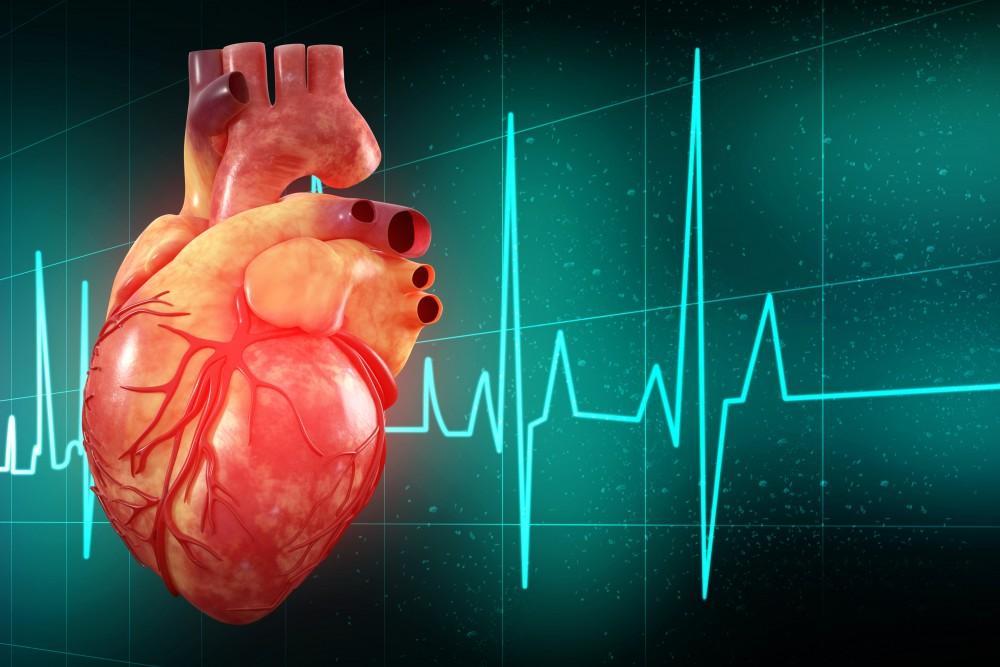
Diagnosing Methods:
1. Symptoms and signs of the patient
2. Investigations:
• 2D echocardiogram
• TEE - transesophageal echocardiography
• Cardiac MRI
• Cardiac computerized tomography (CT scan)
The investigations aim to determine the presence of regurgitation. They assist in determining the seriousness and classification of the disease, as well as which valve is malfunctioning.
Best Ayurvedic Treatment:
Medical science recommends two types of treatments.
The disease progresses over time, so what are the medical science guidelines for treating and managing diseases such as regurgitation at the heart valves, aortic valve stenosis, mitral valve stenosis, and mitral valve prolapse? The initial medical science guideline involves providing medical management and then monitoring the situation. Medical management alone cannot resolve valve issues, whether it involves regurgitation, prolapse, or stenosis at the heart valves. However, additional medical management is provided to patients, such as diuretics to manage palpitations, blood thinners to address irregular heartbeats, and antihypertensive medications.
When the patient’s condition worsens significantly, both in terms of reported symptoms and physical presentation, medical professionals may recommend surgical intervention.
Ayurvedic remedies for treating heart valve regurgitation.
Discover the benefits of choosing Dhage Healthcare. Located in Pune, India, our center specializes in using Ayurvedic treatments for heart patients. We have treated numerous cardiac patients without requiring them to stay for treatment.
Case Studies:
Mr. Gaokhandkar Age 45 Years, From Ratnagiri
Experiencing severe aortic stenosis and “Severe Aortic Regurgitation,” the patient presented with exertional dyspnea, shortness of breath, fatigue, and episodes of near unconsciousness. Although surgery was recommended, he was initially hesitant and sought treatment at Dhage Healthcare instead. Following Ayurvedic treatment at Dhage Healthcare, he experienced significant symptomatic relief. Subsequent 2D ECHO examinations showed an improvement to “Mild Aortic Regurgitation” after a period of time.
Mr. Sohoni Age 50 Years, From Madhya Pradesh
Experiencing moderate aortic stenosis and severe aortic regurgitation, the patient presented with complaints of dyspnea on exertion, palpitations, and fatigue. Initially recommended for surgery, he deferred and sought treatment at Dhage Healthcare. Following Ayurvedic treatment at Dhage Healthcare, he experienced symptomatic relief. Subsequent 2D ECHO revealed mild aortic regurgitation.
For more information about the Heart Disease or Appointments, please call or visit us
| Only By Appointment Mon - Sat: 10:30 am - 02:00 pm & 04:00 pm to 07:00 pm - Friday Off |